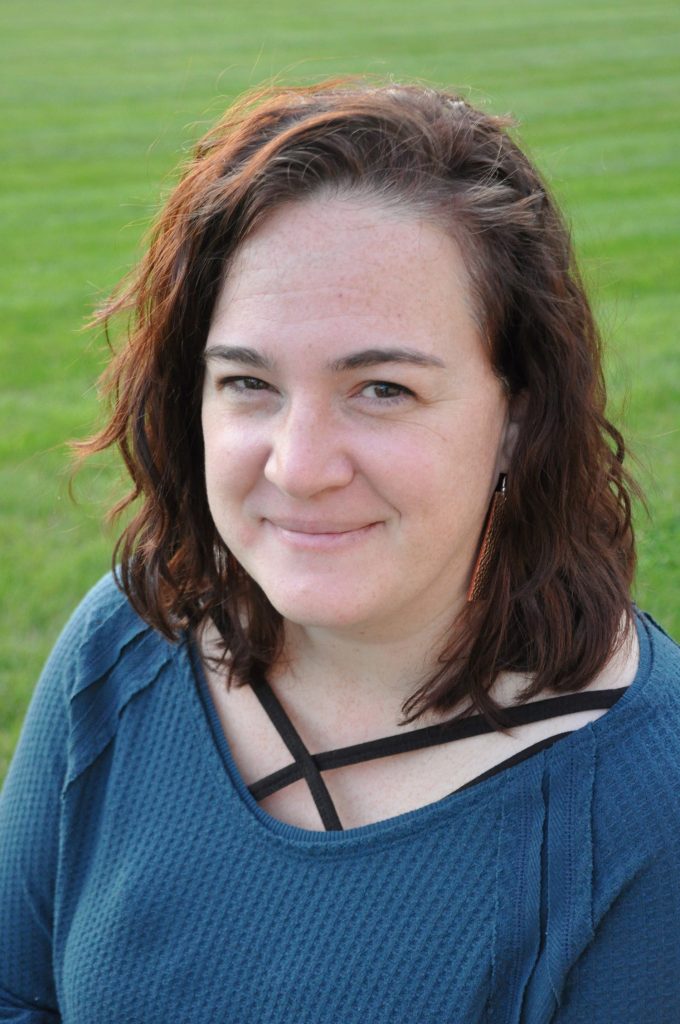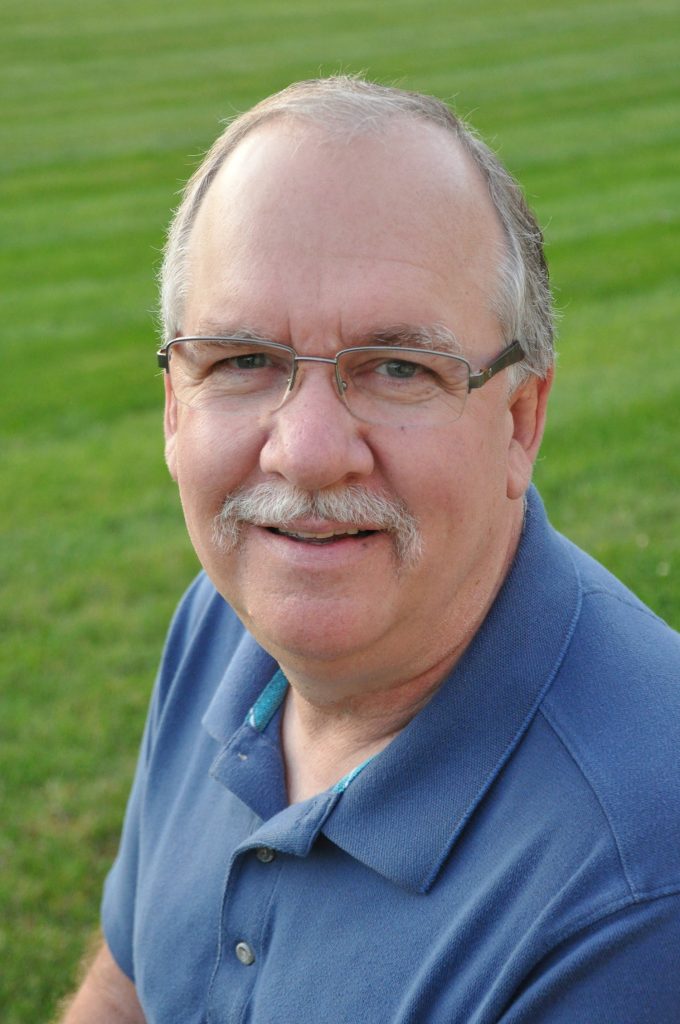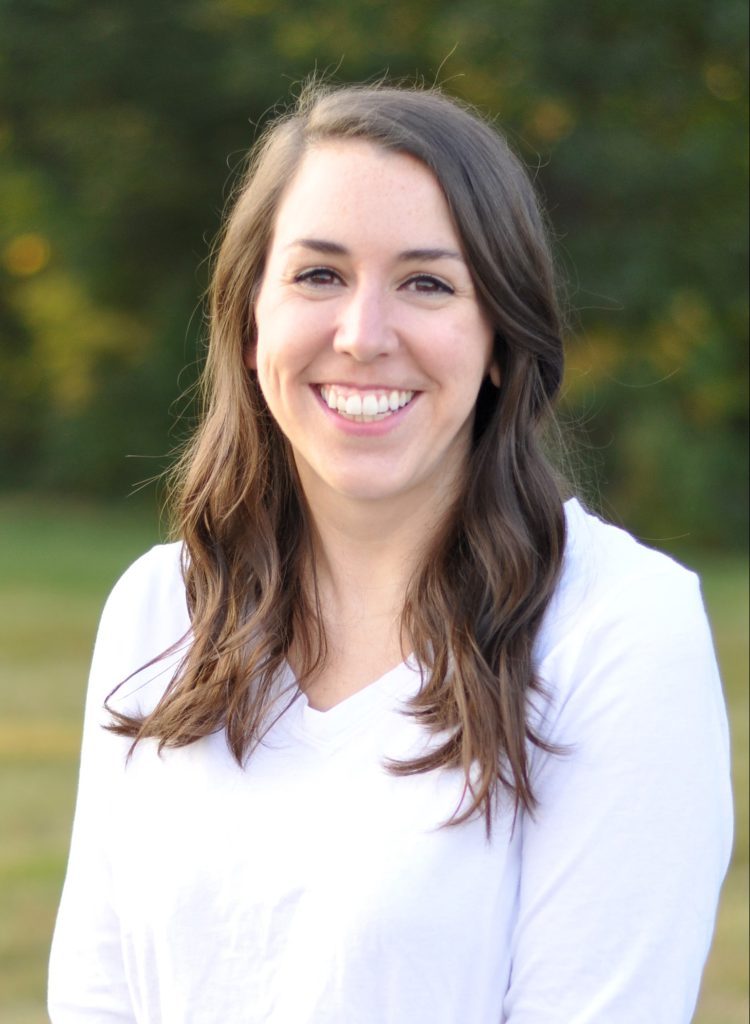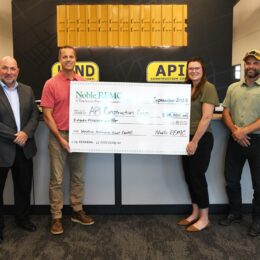November is the month of giving thanks and showing gratitude for the people and things that matter most to us. (Really, this should happen every day, but life gets busy…)
In celebration of our 85th anniversary, a few of our employees took time to highlight what makes the co-op so special: our members. They answered the question: “Why are you thankful for our community and our members?”
Here’s what they said:

AUDREY BOWSER 
RON RAYPOLE 
KELLY LYNCH
Audrey Bowser, member services representative
“I am thankful for our members because I appreciate the relationships we have formed over the years. I love seeing the same friendly faces coming in each month or giving us a call, whether it’s to pay a bill, ask a question or even give us a hard time (in a fun way).
I’m grateful to be a part of this community, where you can talk to a stranger, and they will always know someone that you know. People are so quick to help each other.”
Ron Raypole, CEO
“I am thankful to be part of this small but progressive community. We have strong economic development initiatives and many quality-of-life offerings.
I am thankful for our generous members who so graciously give back to the community both financially and through volunteerism. A prime example is the hundreds of people who spent countless hours helping to vaccinate our friends, neighbors and, oftentimes, complete strangers without expecting anything in return. Thank you again for your caring nature and willingness to help those in need.”
Kelly Lynch, communications specialist
“I never saw myself working for an electric co-op or living in a ‘small town,’ but our members and mission are what made the difference and changed my mind. Being in the communications department, I’m fortunate to read about and record so many situations where the community comes together to help those in need or improve the quality of life of our members and other residents. From rallying around a neighbor battling cancer to collecting donations for the local fire department, it’s just in their blood. You wouldn’t find that support anywhere else.”



